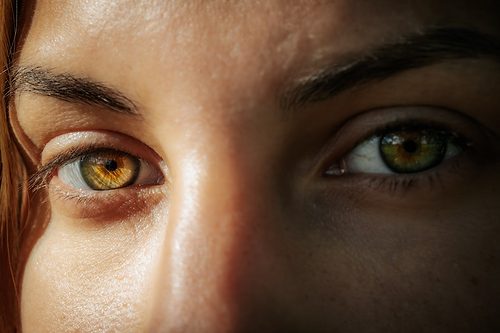Topiramate may have failed as an antimanic treatment, but it has small positive trials in impulse control disorders like bulimia, gambling, cocaine/amphetamine abuse, OCD, irritability. This study tested it out in Sleep-related eating disorder. Winkelman JW, Wipper B, Purks J, Mei L, Schoerning L. Topiramate reduces nocturnal eating in sleep-related eating disorder. Sleep. 2020;zsaa060. [Link]
Published On: 6/10/20
Duration: 2 minutes, 51 seconds
Transcript:
Topiramate may have failed as an antimanic treatment, but it has small positive trials in impulse control disorders like bulimia, gambling, cocaine/amphetamine abuse, OCD, irritability. This study tested it out in Sleep-related eating disorder. This is a problem where people partially wake up, eat compulsively, and then don’t remember what they did the next day. That separates it from night eating syndrome where people are conscious and remember the eating.
First the strengths, it was a RCT that tested topiramate out over 3 months. Weaknesses- small sample of 34 patients and high drop out rate of 33%, although only one patient discontinued topiramate due to side effects. They did however use intent-to treat analysis – in other words they included the last rating for everyone who dropped out. The result: topiramate cut the rate of sleep-related eating in half, in terms of nights per week eating. They also lost weight – a difference of 9.5 lbs in those 3 months.
They started topiramate at 25mg/day and raised it by 25mg/week; max dose was 300mg/day and mean was 125 mg/day
Got feedback? Take the podcast survey.


_-The-Breakthrough-Antipsychotic-That-Could-Change-Everything.jpg?1729532347)



